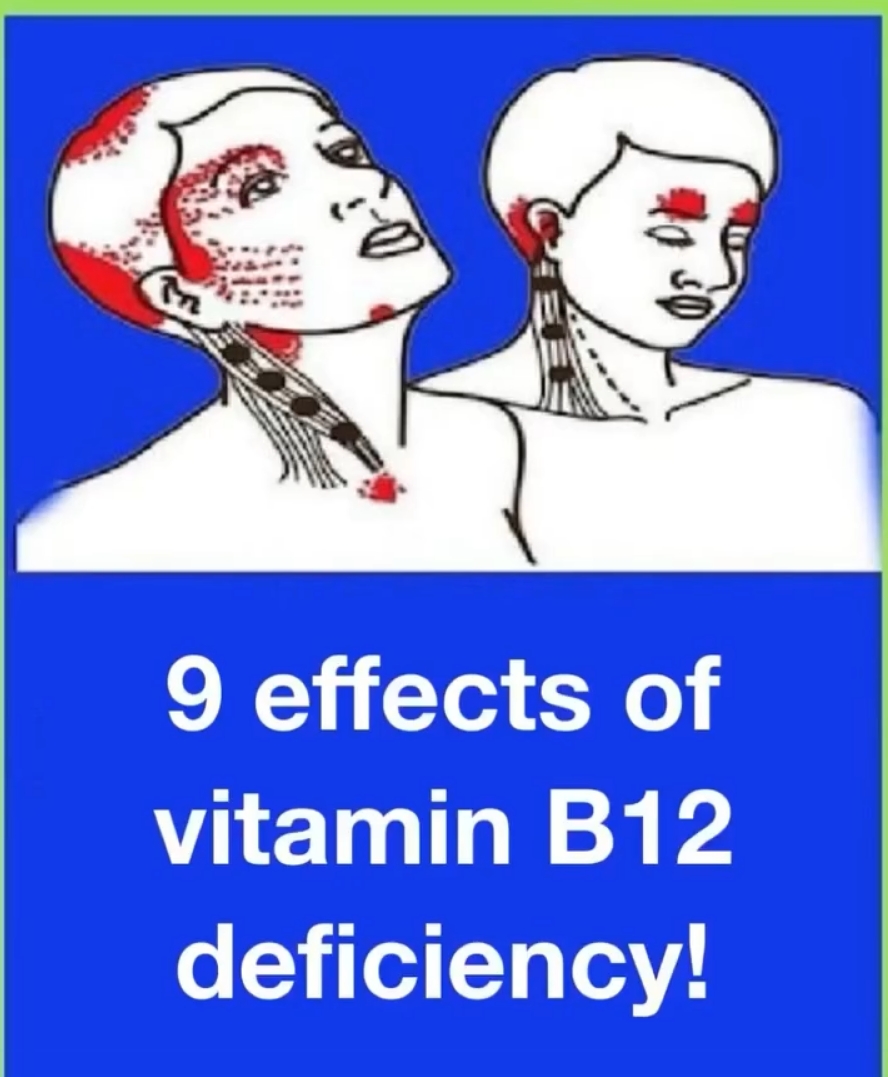
Vitamin B12 Deficiency: Key Symptoms to Watch For
Vitamin B12, or cobalamin, is vital for red blood cell production, nerve function, and DNA synthesis. A deficiency can develop slowly and lead to serious health problems if untreated. Here are the main signs to watch for:
- Fatigue and Weakness – Caused by reduced oxygen delivery due to fewer red blood cells.
- Pale or Yellow Skin – From red blood cell breakdown and increased bilirubin.
- Shortness of Breath and Dizziness – Low oxygen levels can lead to these symptoms, especially with exertion.
- Tingling in Hands and Feet – Nerve damage from B12 deficiency can cause numbness or “pins and needles.”
- Balance Issues – Damaged nerves affect coordination and increase fall risk.
- Memory Problems – Severe deficiency can impair thinking and lead to confusion or memory loss.
- Mood Changes – Low B12 can affect serotonin and dopamine, leading to depression or irritability.
- Mouth Issues – Glossitis (inflamed tongue), ulcers, or mouth burning may appear.
- Vision Disturbances – Rarely, B12 deficiency can damage the optic nerve, causing blurred or distorted vision.
Who’s at Risk?
- Adults over 60
- Vegans and vegetarians
- People with digestive disorders (e.g., Crohn’s, celiac)
- Those on certain medications (e.g., metformin, acid reducers)
What to Do
If you notice these symptoms—especially if you’re at risk—see your doctor. A blood test can confirm B12 levels. Treatment may include supplements, diet changes, or injections.






